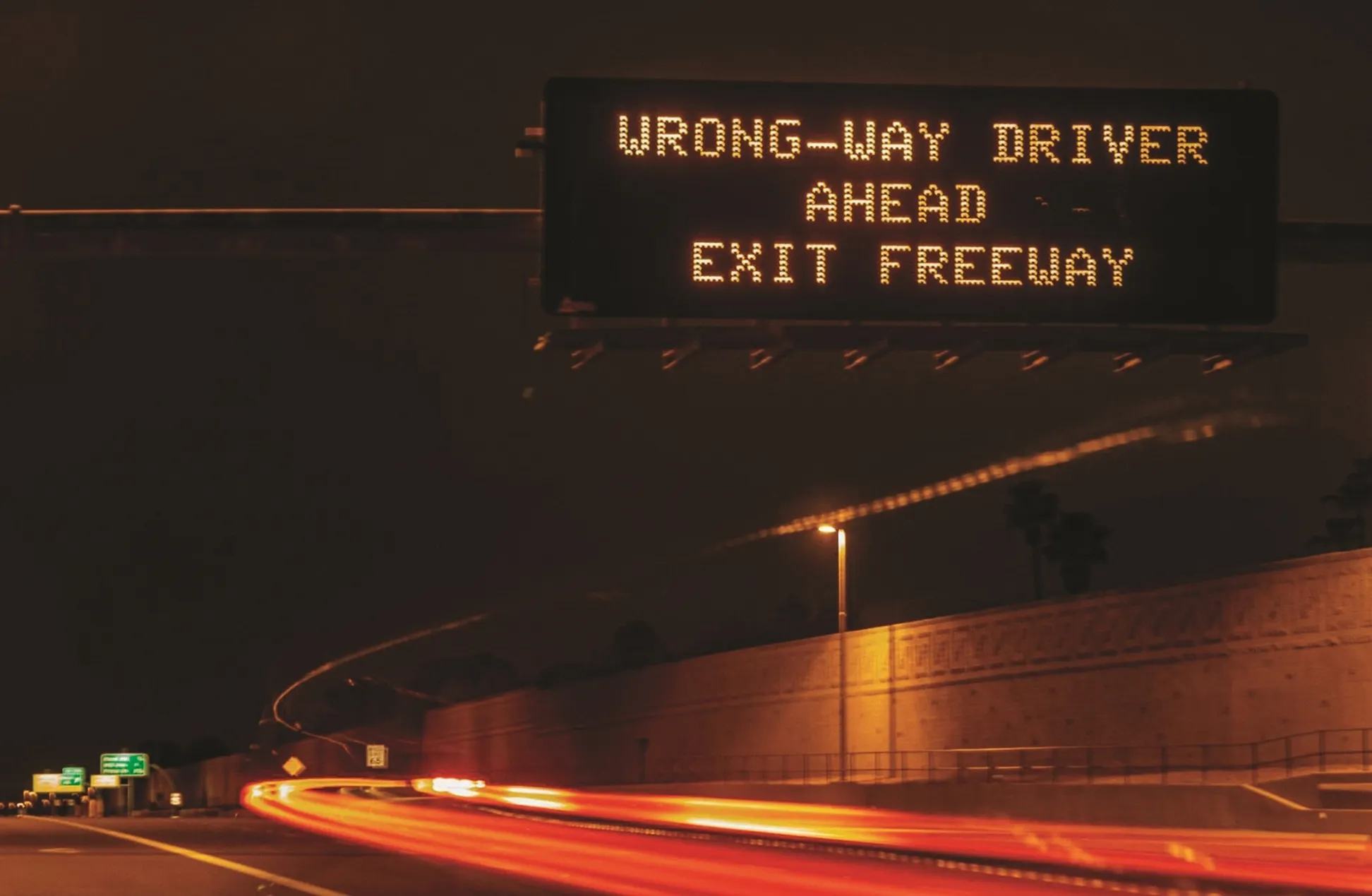Imaging specialist Perceptics is to install next generation licence plate readers at over 165 Canadian border primary vehicle inspection lanes, in a key contract awarded by the Government of Canada.
The 2MP Checkpoint licence plate reader offers technologically advanced features that provide personnel at border checkpoints with superior images with over 95 per cent licence plate read rate accuracy in all weather conditions, says Perceptics. The devices integrate vehicle and surrounding scene and driver i
October 21, 2015
Read time: 1 min
Imaging specialist 1919 Perceptics is to install next generation licence plate readers at over 165 Canadian border primary vehicle inspection lanes, in a key contract awarded by the Government of Canada.
The 2MP Checkpoint licence plate reader offers technologically advanced features that provide personnel at border checkpoints with superior images with over 95 per cent licence plate read rate accuracy in all weather conditions, says Perceptics. The devices integrate vehicle and surrounding scene and driver images with other Perceptics products.
“We are very thankful for our strong relationships and the confidence that border agencies have in our technology and our ability to provide highly accurate and reliable data,” said Perceptics CEO, John Dalton. “Perceptics’ vehicle identification enables border personnel to do their jobs more efficiently and far more effectively.”
Perceptics will begin testing and implementation with the Government of Canada immediately, with continuation of installation throughout 2016.
The 2MP Checkpoint licence plate reader offers technologically advanced features that provide personnel at border checkpoints with superior images with over 95 per cent licence plate read rate accuracy in all weather conditions, says Perceptics. The devices integrate vehicle and surrounding scene and driver images with other Perceptics products.
“We are very thankful for our strong relationships and the confidence that border agencies have in our technology and our ability to provide highly accurate and reliable data,” said Perceptics CEO, John Dalton. “Perceptics’ vehicle identification enables border personnel to do their jobs more efficiently and far more effectively.”
Perceptics will begin testing and implementation with the Government of Canada immediately, with continuation of installation throughout 2016.









